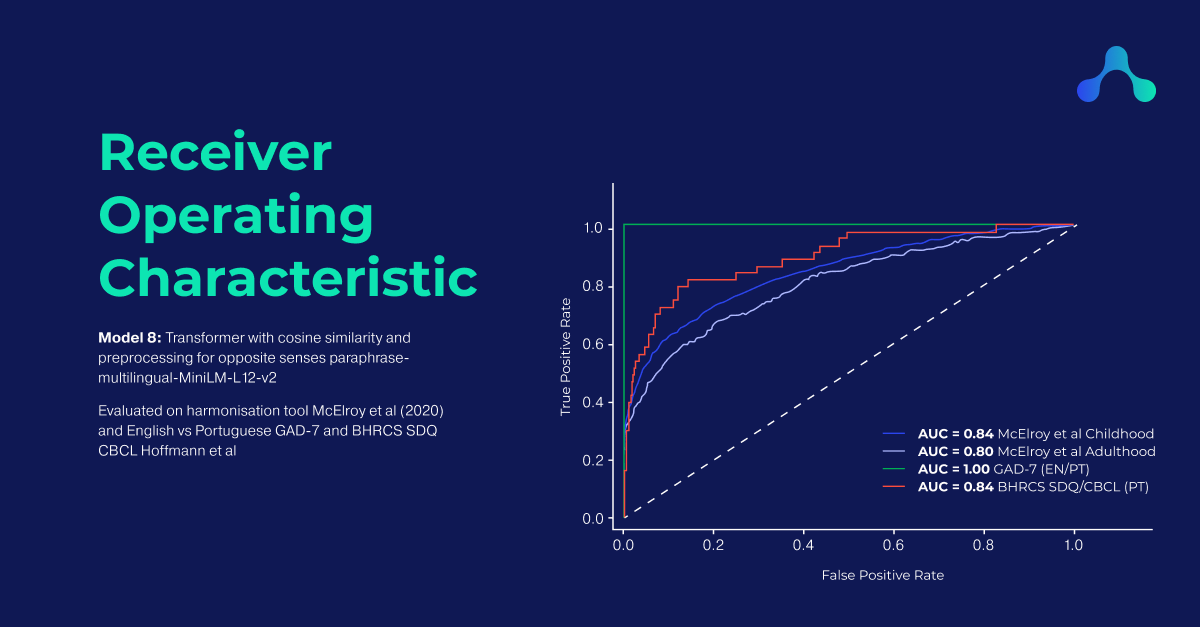
Artificial intelligence (AI) is revolutionising numerous fields, and mental health research is no exception. By harnessing the power of AI, researchers are gaining unprecedented insights into the complexities of mental health, leading to more effective interventions and treatments.
One notable example of AI’s impact is the development of tools like Harmony. This innovative AI tool, originally funded by the Wellcome Trust as part of the Wellcome data prize and later by UKRI, uses natural language processing (NLP) to streamline the harmonisation of mental health questionnaires. By automating this time-consuming process, Harmony enables researchers to compare data across studies more efficiently, leading to more robust and reliable secondary data analysis.
We have recently published a paper in BMC Psychiatry validating Harmony for real-world data: McElroy, E., Wood, T.A., Bond, R., Mulvenna M., Shevlin M., Ploubidis G., Scopel Hoffmann M., Moltrecht B., Using natural language processing to facilitate the harmonisation of mental health questionnaires: a validation study using real-world data. BMC Psychiatry 24, 530 (2024). https://doi.org/10.1186/s12888-024-05954-2
Beyond Harmony, AI is being used in a wide range of mental health research applications:
As AI technology continues to advance, we can expect to see even more groundbreaking applications in mental health research. By leveraging the power of AI, researchers are paving the way for a brighter future for individuals struggling with mental health challenges. As uses of AI in mental health become more commonplace, we are expecting research funders to develop frameworks for AI governance.